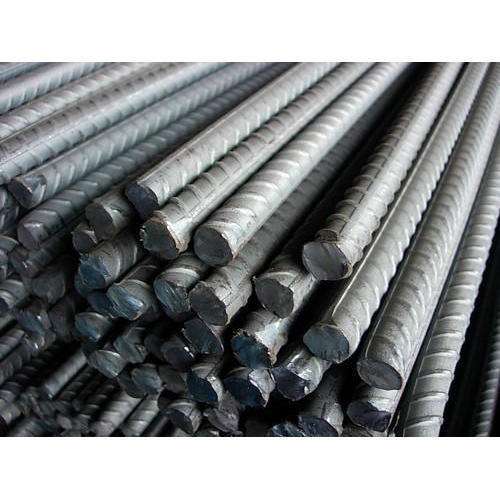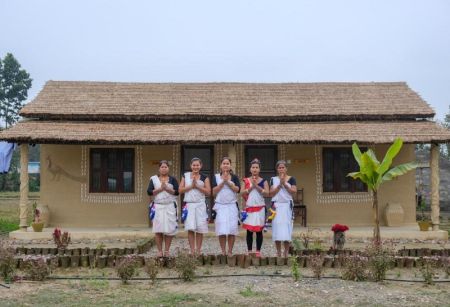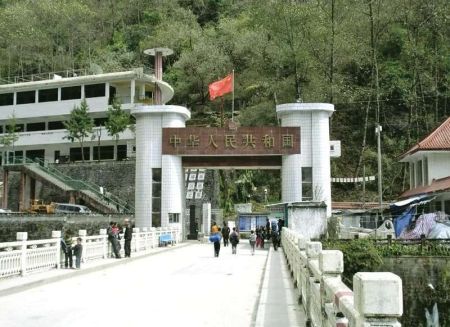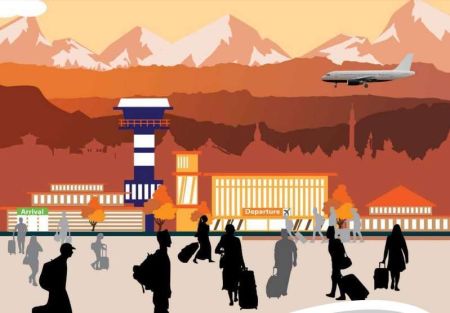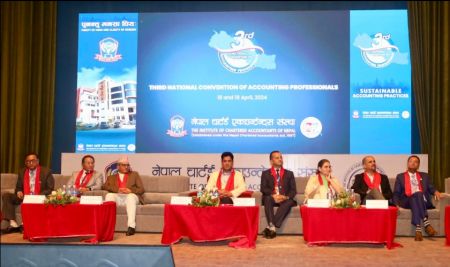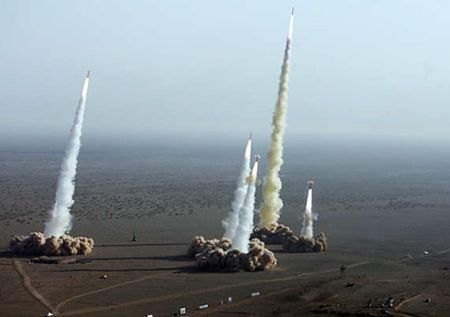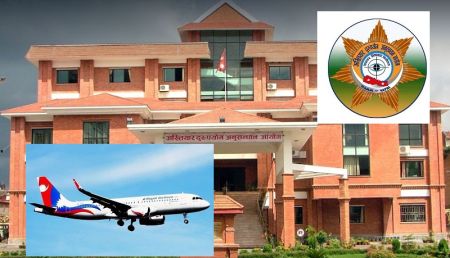September 23: With the government's policy on importing sponge iron and billets through the replacement bill, iron rod manufacturers are expecting the investment in billet production to increase. However, some entrepreneurs are trying to revoke this decision. The entrepreneurs are divided in two groups, one against the new policy and another in favour of it. After the announcement of the zero-tariff rate on sponge iron, home-grown industrialists have decided to add investment to expand the capacity of the billet industry in Nepal.
Nepal has the capacity to produce 1.46 million metric tons of billets annually, while the demand is 1.2 million metric tons per year. Iron rod companies do not produce even 50 percent of their capacity because it is cheaper to make rods from sponge iron and billets imported from India. At present, industries are producing billets at only 30 percent capacity.
Chairman of Saurabh Group, Vishnu Neupane, says that the company is preparing to expand its production capacity and provide rods to the consumers at affordable prices. According to him, there are 12 such industries now and Rs 6 billion to Rs 10 billion will be invested in the billet industry.
After the introduction of zero customs duty on sponge iron import, its import will become cheaper, and billet production in the country will be initially less by Rs 3 per kg and Rs 5 per kg in the long-term, he said.
At present, the factory price of the rod is Rs 85 per kg, but the market price is Rs 95 per kg, according to producers.
"Currently, the production of billets in Nepal is not as much as the production capacity. The government has decided that these industries will now run at full capacity," Neupane said.
With this decision, the capacity to produce billets will increase, and the investment too will rise immediately, he added.
Producers have been divided into two groups after the customs duty on sponge iron was reduced to zero. Demanding that the government's decision be revoked, the dissident group has now stopped the import of billets.
Dhruva Kumar Shrestha, the vice-chairman of Panchakanya Group, said that 24 industries have not brought any raw material so far and this will reduce the revenue collection of the government.
"After raising the excise duty, there is no question of importing raw materials," said Shrestha. Production of billets from sponge iron will pollute the environment. He claims that making a rod from a sponge and scrub is not enough as it does not give strength. This problem, which has been seen among businessmen since the start of the construction season, has also raised concerns over the availability of construction materials.
.


